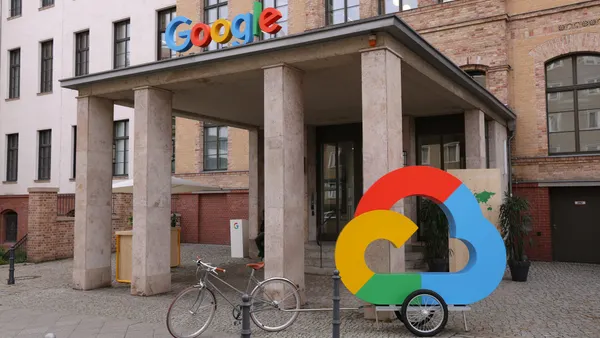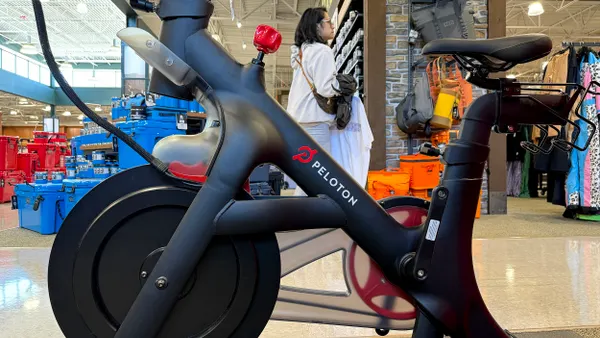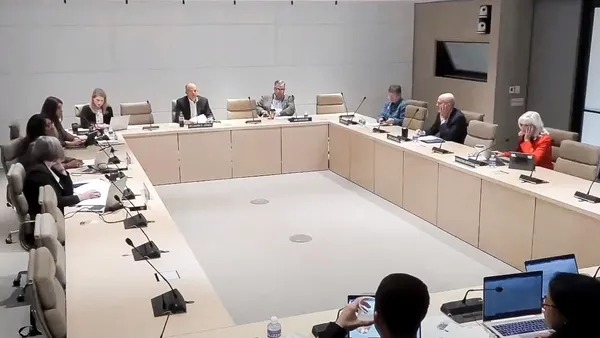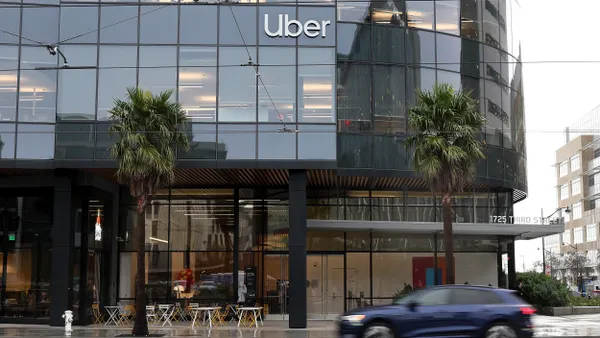Dive Brief:
- Occupations that have heavily adopted artificial intelligence in recent years have experienced substantial unemployment increases, according to researchers at the Federal Reserve Bank of St. Louis.
- The study revealed “a striking correlation” between AI’s prevalence and unemployment increases since 2022, particularly in technology sectors, according to a recent blog post on the findings.
- “Our results suggest we may be witnessing the early stages of AI-driven job displacement,” said the authors, Serdar Ozkan and Nicholas Sullivan, a senior economic policy advisor and research associate, respectively, at the Federal Reserve Bank of St. Louis.
Dive Insight:
The technology sector has been a leading job-cutting industry this year with 102,239 announced layoffs from January through the end of August, according to a Sept. 4 report by outplacement firm Challenger, Gray & Christmas.
Salesforce is among companies that have directly attributed massive job cuts to AI-related initiatives.
In a podcast interview last month, Salesforce CEO Marc Benioff said the company reduced its customer service headcount from 9,000 to about 5,000 after AI agents began handling conversations with customers.
“This is the most exciting thing that’s happened in the last nine months for Salesforce,” Benioff said.
Agentforce, Salesforce's agentic AI platform, has handled over 1.4 million requests on help.salesforce.com, the company said last week, as part of its second quarter fiscal 2026 earnings results.
“Because of the benefits and efficiencies of Agentforce, we’ve seen the number of support cases we handle decline and we no longer need to actively backfill support engineer roles,” a Salesforce spokesperson said in an email. “We’ve successfully redeployed hundreds of employees into other areas like professional services, sales, and customer success.”
Meanwhile, Amazon CEO Andy Jassy came under fire over the summer after he said in an internal memo that was eventually made public that he expects AI to reduce his company’s workforce in the next few years.
“As we roll out more Generative AI and agents, it should change the way our work is done,” Jassy said. “We will need fewer people doing some of the jobs that are being done today, and more people doing other types of jobs.”
AI-focused job categories such as computer and mathematical occupations have seen some of the steepest unemployment spikes in the last few years, while blue-collar jobs and personal service roles, which have limited AI applicability, experienced relatively smaller increases, according to the Federal Reserve Bank of St. Louis report.
Ozkan and Sullivan said their analysis is “based on preliminary findings in a rapidly evolving field.”
“If generative AI drives sustained productivity growth, it could ultimately create new jobs and industries, potentially offsetting displacement effects,” they added.















